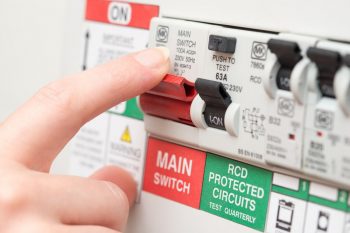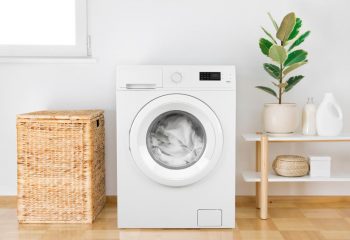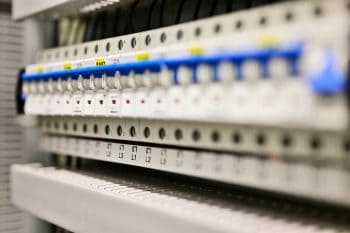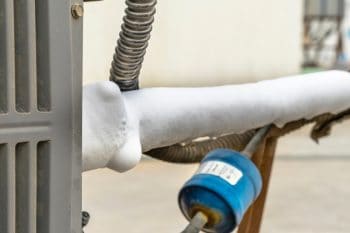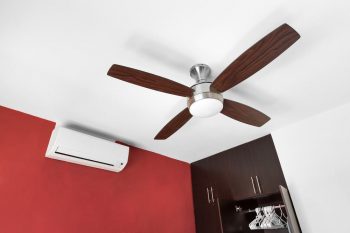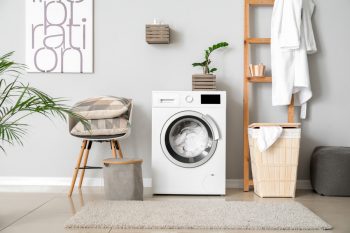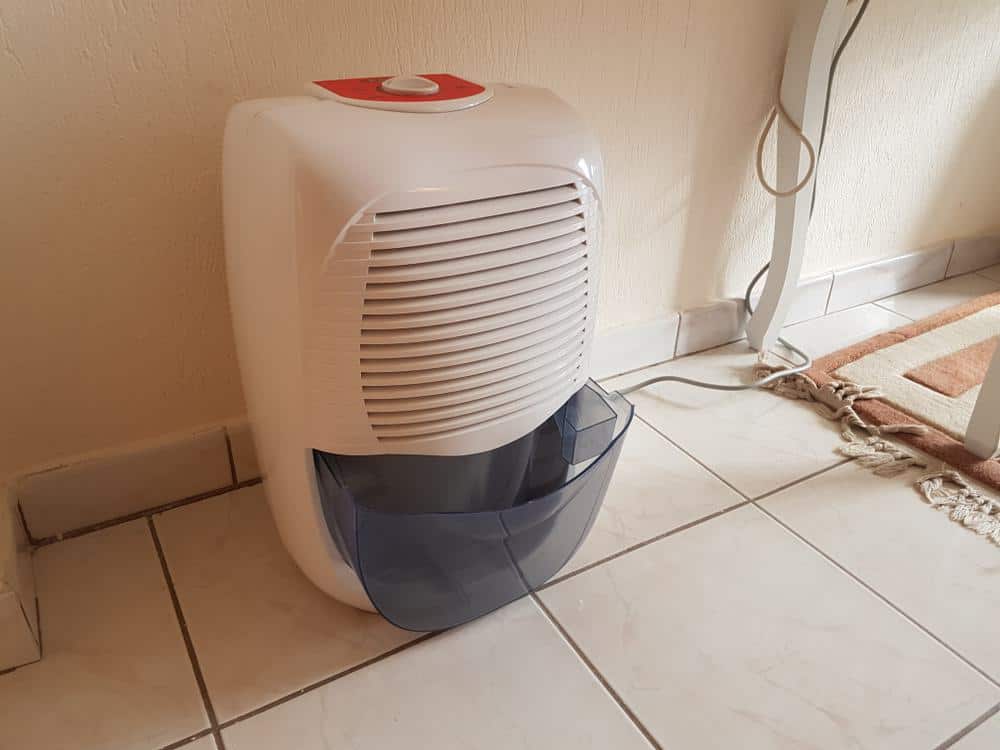
The question “How do I know if I need a dehumidifier?” is one that many homeowners grapple with. Dehumidifiers can be a great asset in maintaining a comfortable and healthy indoor environment, but how do you know if you really need one? This comprehensive guide will help you answer that question.
You may need a dehumidifier if you notice signs of high humidity in your home, such as musty smells, condensation on windows and doors, high indoor humidity levels above 50%, mold or mildew growth, damp air, foggy windows, or swollen wood and wet fabrics. A dehumidifier can help control the humidity levels in your home, improving the air quality and creating a more comfortable and healthier living environment.
Signs You May Need a Dehumidifier
Before you can decide if you need a dehumidifier, you first need to identify the signs of high humidity in your home. Here are the most common signs that you might need a dehumidifier:
- Musty, moldy, or mildewy smells: These odors are often the first indication of excess moisture in your home.
- Condensation on windows and doors: This is a clear sign of high humidity levels.
- High indoor humidity levels: If the humidity level in your home consistently exceeds 50%, a dehumidifier could be beneficial.
- Mold or mildew growth: These can cause health issues and damage to your home.
- Damp or clammy air: This can make your living environment uncomfortable.
- Foggy windows: This is another indication of high humidity levels.
- Swollen wood or wet fabrics: Moisture can cause wood to expand and fabrics to become damp.
If you notice any of these signs, it might be a good idea to invest in a dehumidifier to help control the humidity levels in your home and create a more comfortable living environment.
How Does a Dehumidifier Work?
A dehumidifier is a device that removes excess moisture from the air, improving indoor air quality and comfort. It works by drawing in moist air, cooling it to condense the moisture, then expelling the drier air back into the room. This process reduces the overall humidity level in the room, making the environment more comfortable and less conducive to allergens like dust mites and mold.
Health and Safety Risks of High Humidity
Excess humidity can lead to a variety of health and safety risks, including respiratory problems, allergies, skin irritations, dehydration, heat stroke, and poor sleep quality. By maintaining a proper humidity level in your home, you can mitigate these risks and create a healthier living environment.
Choosing the Right Dehumidifier
The size of your home or room, the level of humidity, your geographical location, and the specific needs of your household will all impact the type of dehumidifier you need. For example, a larger capacity dehumidifier may be necessary for a large, damp basement, while a smaller, portable unit may be sufficient for a small, moderately humid bedroom.
Long-Term Benefits of Using a Dehumidifier
Using a dehumidifier has several long-term benefits, including improved air quality, reduced allergen levels, protection of home furnishings and electronics, prevention of mold and mildew growth, and energy savings.
Maintaining Your Dehumidifier
Proper maintenance of your dehumidifier is key to its effectiveness and longevity. This includes regular cleaning of the air filter and water tank, ensuring proper placement of the unit, and avoiding short-cycling the compressor.
In conclusion, a dehumidifier can be a valuable tool in maintaining a comfortable and healthy indoor environment. By understanding the signs of high humidity, the benefits of a dehumidifier, and how to choose and maintain one, you can make an informed decision about whether a dehumidifier is right for you.
Frequently Asked Questions
How often should I clean my dehumidifier?
You should clean your dehumidifier at least once a month, but this can vary depending on usage. The owner’s manual will provide specific instructions for your model.
Can I use a dehumidifier in any room?
Yes, a dehumidifier can be used in any room where there’s a high level of humidity, such as basements, bathrooms, kitchens, or laundry rooms.
How much does it cost to run a dehumidifier?
The cost of running a dehumidifier depends on the unit’s wattage and the local cost of electricity. On average, it can cost between $0.03 to $0.16 per hour.
What happens if I don’t use a dehumidifier in a humid environment?
If you don’t use a dehumidifier in a humid environment, you may experience issues such as mold and mildew growth, damage to your home and belongings, and potential health problems due to poor air quality.
Does a dehumidifier use a lot of electricity?
Dehumidifiers do use electricity, but the amount varies based on the model and size of the unit. Energy-efficient models are available that use less electricity.
Can I use a dehumidifier in the winter?
Yes, you can use a dehumidifier in the winter, especially if your home is well-insulated and retains moisture. However, if the temperature drops below 60 degrees Fahrenheit, the unit may not work as efficiently.
Is it safe to leave a dehumidifier on all the time?
While it’s generally safe to leave a dehumidifier running continuously, it’s more energy-efficient to use a unit with a humidistat that can automatically turn off when the desired humidity level is reached.

